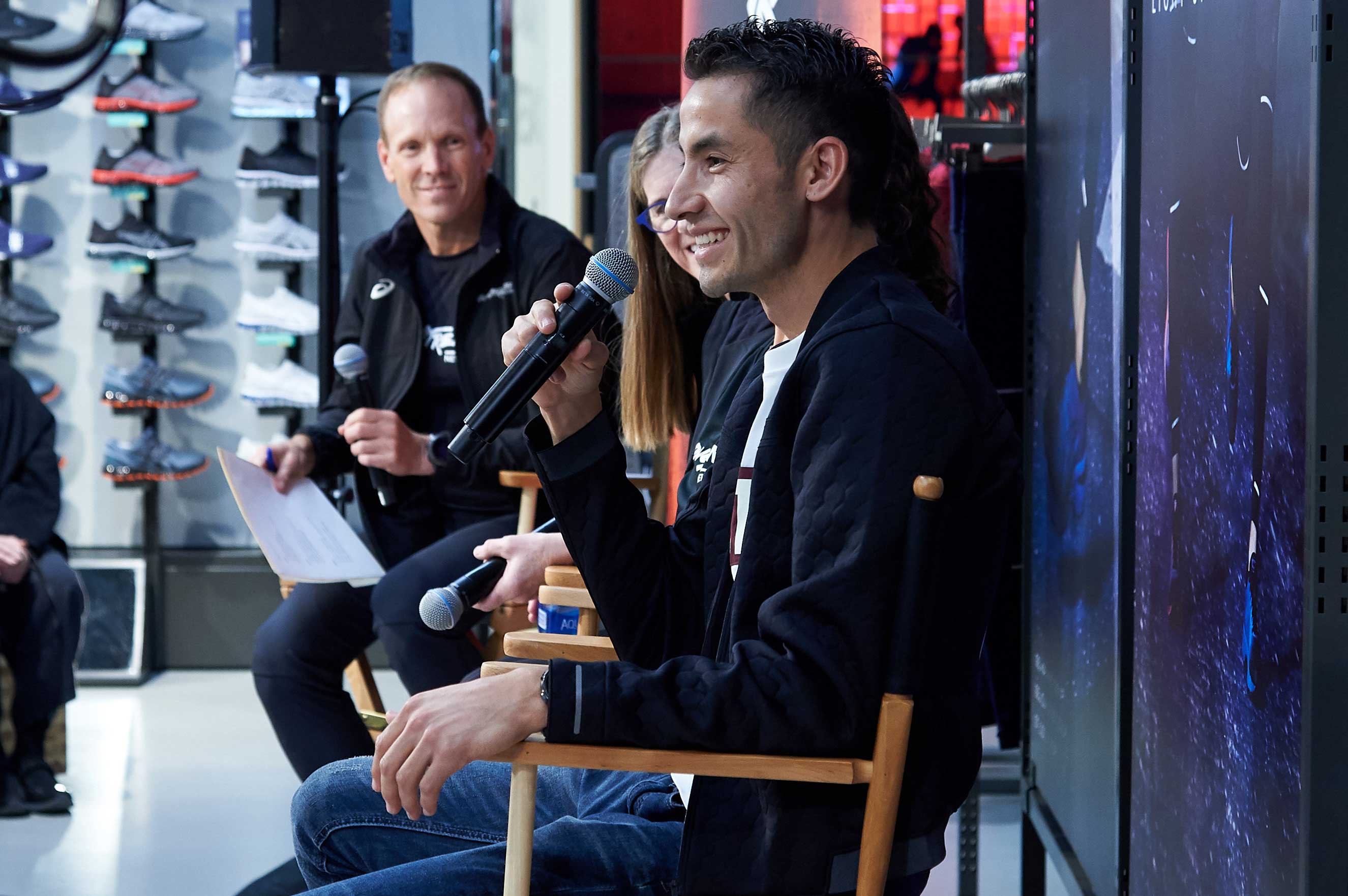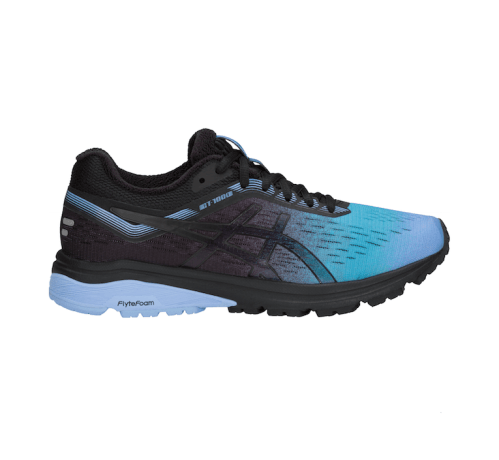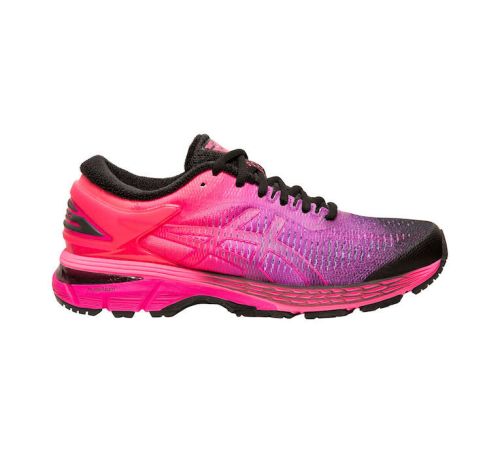What Every Marathon Runner Needs to Know the Week Before Race Day
At ASICS' perfectly timed "Run Your Best Marathon" panel discussion, that's exactly what happened. Moderated by sports medicine physician and 34-time marathoner Jordan D. Metzl, MD, the pros talked about everything from hydrating the day before (salty broth does wonders, FYI) to preventing heavy legs in the lead up to the New York City Marathon.
"Relax, don’t sweat it. The best thing you can do for yourself is stop stressing and get some sleep."
We captured all the need-to-know tips for you. Below, hear from sports nutritionist Lauren Antonucci, MS, RD, CCSD, the director of sports performance at the Hospital for Special Surgery, Polly de Mille, RN, RCEP, CSCS, and ASICS elite-level distance runner and Olympian Diego Estrada. Estrada's top advice? "Relax, don’t sweat it. The best thing you can do for yourself is stop stressing and get some sleep."
Scroll down for the experts' answers to the most-pressing questions runners have leading up to a marathon—and shop ASICS' latest collection of running shoes.

To gel or not to gel?
When you traverse 26.2 miles on race day, you'll need adequate long-distance fuel—which essentially means energy-gel packs (a gooey substance designed to replenish your body with calories, fast) and endurance sports drinks.
“You’re going 26.2 miles—in a row, non-stop—so your body needs carbs and salt," Antonucci says, noting that they'll be handing out gels at mile 18 of the NYC Marathon. While the cardinal rule of the sport is “nothing new on race day,” it may be worth taking a gel even if you haven't had one before, she says.
Here's why: You want to avoid hitting the wall—AKA, running out of glycogen. “Our bodies only store a certain amount of carbohydrates,” de Mille says. “It’s going to take you about 3,000 calories to run a marathon, roughly. Our bodies don’t store anywhere near that. It ranges from 1,200 to 2,000.”
So, the pros recommend sipping on an endurance sports drink, which is available at every mile after mile three at the NYC Marathon, and having a gel every 30 to 40 minutes.

What should I eat during the week before (and morning of) the race?
Before a marathon, it’s important to get the right amount of fuel, according to Antonucci. “You’re slowly decreasing your training to rest and recover your muscles,” she explains. “So those portions (and your protein needs) will get a little lower, but not drastically. Your carb intake will stay similar or maybe go up a little, depending on your tapering. Between that and your decrease in running, you’ll be in good shape."
The same subtlety should apply to your night-before meal. Stick with something you really enjoy, just avoid anything new and forget about carb-loading. Filling up on too much pasta can mess with your GI tract and deter your hunger in the morning, according to Antonucci.
And the one thing you should do the morning of is fuel up twice before the race. “If you’ve done that, you can top off with a gel, banana, or sports drink 10 minutes before because that counts as during-race fueling," says Antonucci. "Because by the time it’s ready, the glucose molecules are in your bloodstream.”

How can I ensure well-rested legs?
To land in the sweet spot of relaxed and strong, you should be reducing mileage, but not completely stopping, during the tail end of your training. "Essentially, you’re trying to lose the volume and keep the intensity," de Mille says. The end goal of tapering is to "be sharp, but psychologically confident too,” says Estrada, who sticks to short, quick-paced runs that get his muscles firing to stave off sluggish legs.
Foam rolling can also help overworked legs recover. “Think of a rope that has a knot in it and when you pull that rope, the knot gets tighter,” de Mille says. “Foam rolling gets rid of the knot. You’re addressing anything that's sort of getting tight and stiff."
Lastly, stay hydrated, but don't overdo it. "You don’t need to push a ton of extra water," Antonucci says. "I would put in more fluids that are salty to make sure you have that salt. That salt is so important to take in before and during the race because if you just drink water, you dilute your electrolytes."
SHOP the best race-day running shoes
In partnership with ASICS
Top Photo: Getty Images/sanjeri
Loading More Posts...


